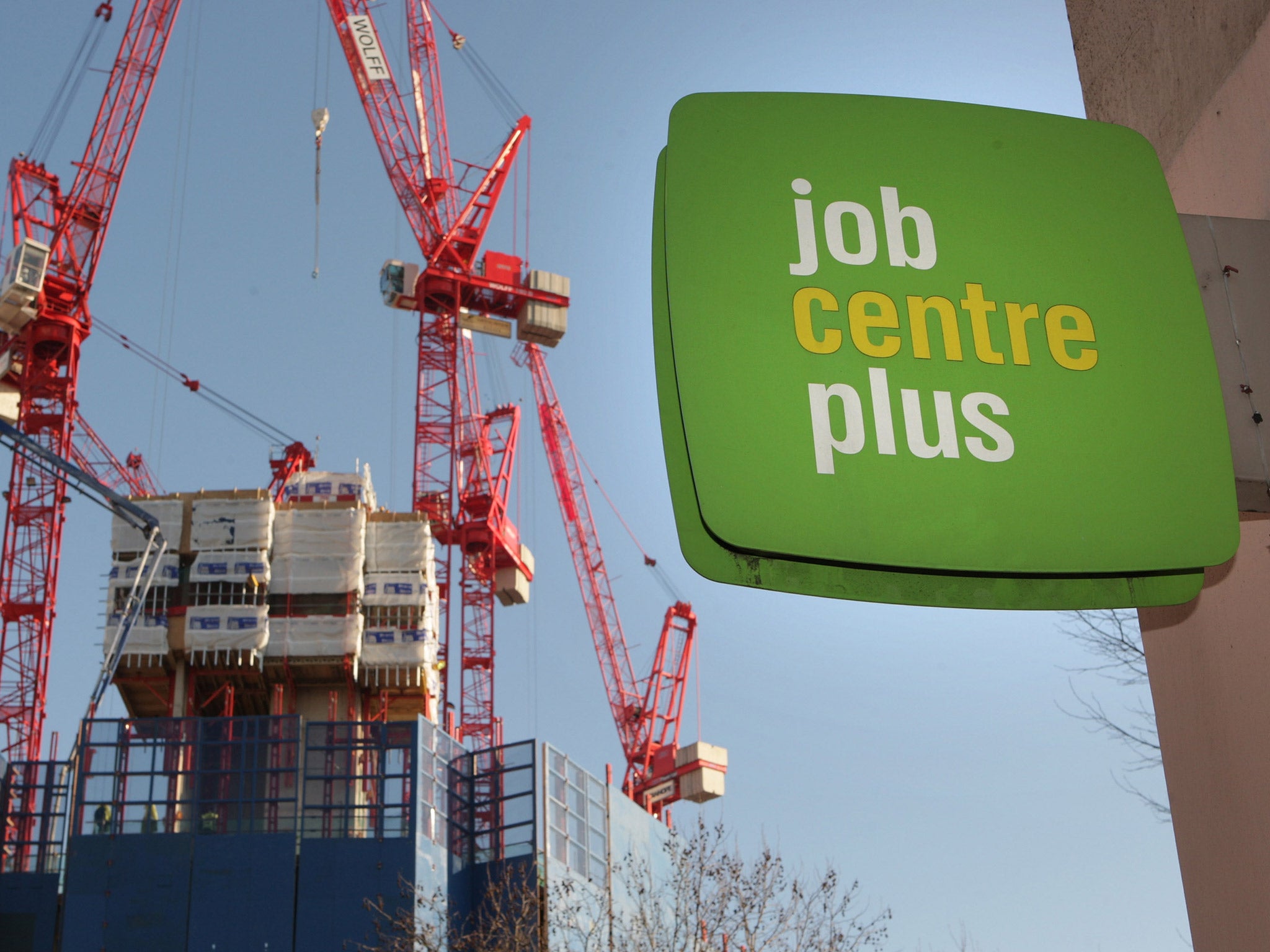UK wage growth rises while unemployment drops
Average earnings went up by 2.1% in the year to January compared with 1.9% in the final quarter of 2015

Your support helps us to tell the story
From reproductive rights to climate change to Big Tech, The Independent is on the ground when the story is developing. Whether it's investigating the financials of Elon Musk's pro-Trump PAC or producing our latest documentary, 'The A Word', which shines a light on the American women fighting for reproductive rights, we know how important it is to parse out the facts from the messaging.
At such a critical moment in US history, we need reporters on the ground. Your donation allows us to keep sending journalists to speak to both sides of the story.
The Independent is trusted by Americans across the entire political spectrum. And unlike many other quality news outlets, we choose not to lock Americans out of our reporting and analysis with paywalls. We believe quality journalism should be available to everyone, paid for by those who can afford it.
Your support makes all the difference.UK unemployment remained at its lowest level since 2006, while wages rose more than expected, according to official figures released on Wednesday.
Average earnings went up by 2.1 per cent in the year to January compared with 1.9 per cent in the final quarter of 2015. Excluding bonuses, the increase was 2.2 per cent, data by the Office for National Statistics (ONS) has found.
Wages jumped 2.5 percent, the biggest rise since August, after a 1.7 per cent rise in December, for the month of January alone. The ONS said this could be due to changes in the timing of bonus payments in the financial services sector.
Britain's unemployment rate remained steady at a 10-year low of 5.1 percent, as expected, for the third consecutive month.
The jobless total fell by 28,000 to 1.68 million in the three months to January, the sixth consecutive monthly fall.
There were 31.42 million people in work, 116,000 more than for August to October 2015 and 478,000 more than for a year earlier.
“The jobs recovery remains in full swing, with a 116,000 rise in employment in the three months to January on the previous three months,” said Scott Bowman, UK economist at Capital Economics.
“However, wage growth is still fairly subdued by past standards, especially considering how much the labour market has tightened recently,” he said.
David Kern, BCC Chief Economist said the positive employment figures confirm that Britain’s labour market remains a source of strength for the UK economy, but he warned against growth in labour costs.
“If this cannot be translated into faster economic growth, higher employment will not be matched by gains in productivity. Growth in labour costs remains subdued despite rising earnings. This will enable the MPC to postpone any plans for raising interest rates or tightening policy,” Kern said.
Pay growth remains below pre-crisis levels and is unlikely to rise sharply this year, given a slowing economy which faces a vote on its membership of the European Union in June and a weakening global economy.
Additional reporting by Reuters
Join our commenting forum
Join thought-provoking conversations, follow other Independent readers and see their replies
Comments